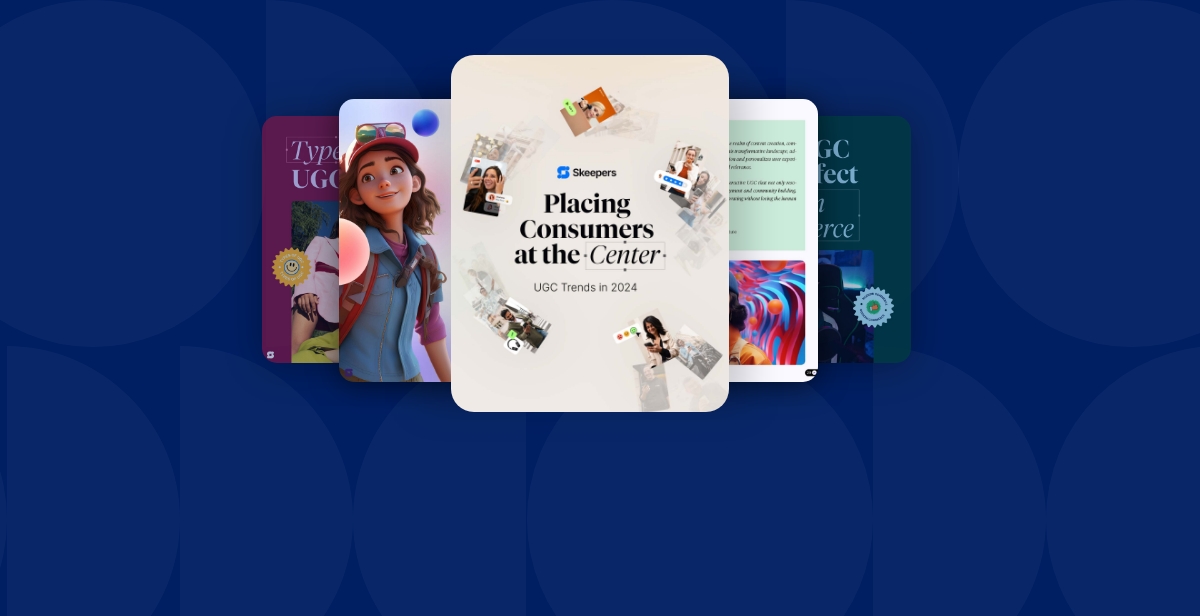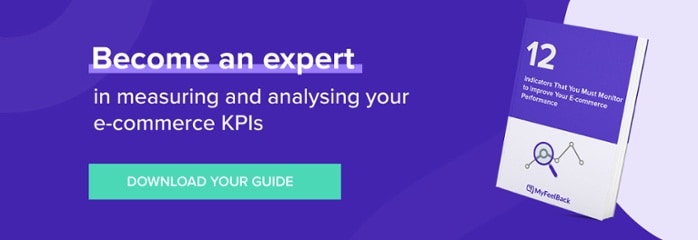Marketers understand that tracking key performance indicators (KPIs) are crucial for analyzing how well their company is performing, what specific marketing strategies are most effective, and what specific weaknesses must be addressed. Without question, one of the most important KPIs is a business’s conversion rate, the percentage of visitors who perform a desired action –...
Marketers understand that tracking key performance indicators (KPIs) are crucial for analyzing how well their company is performing, what specific marketing strategies are most effective, and what specific weaknesses must be addressed. Without question, one of the most important KPIs is a business’s conversion rate, the percentage of visitors who perform a desired action – buying a product, subscribing to email offers, completing an online survey – versus the percentage of those who do not.
Businesses that experience high conversion rates are more successful, making this a particularly important KPI. And the most efficient way to increase your conversion rates is to first understand your customers’ needs and behaviors ahead of time so as to design and deliver an experience they find relevant. Offering your customers an experience they value will no doubt impact your revenue, loyalty, and overall profitability.
Why Conversion Rates Matter
Findings from several studies indicate that even a slight improvement to the customer experience can result in higher conversion rates:
- Tempkin Group has demonstrated how a company valued at $1 billion can produce an additional $262 million to $272 million in revenue over three years by making modest changes to the experience they offer.
- The 2016 Sitecore Global Consumer Mobile Research study shows that a positive online experience via app, website, or other online touch point produces greater brand loyalty for 76% of survey respondents.
- Conversely, a study of 2,784 consumers across 9 countries conducted by British software firm SDL discovered that customer experience failures can result in a revenue loss of 65%. Moreover, 64% of customers unhappy with the experience they receive will stop recommending a brand, leave negative reviews, or abandon a brand altogether.
As this research indicates, a better customer experience will make it easier for you to guide visitors to complete a desired action, resulting in numerous payoffs for your business.
Therefore, knowing who your customers are and what they want is absolutely crucial for maintaining high rates of conversion. If you are delivering an experience that doesn’t offer clear value to your customers, you’re really not giving them any reason to convert and are, in essence, sabotaging your business’s success.
What Happens When Customers Don’t Convert?
Low conversion rates will negatively impact your business in a number of ways including a decrease in profits, consumer trust, and competitive advantage. Here’s how:
1/ You will lose money
A poor experience will result in a higher rate of cart abandonment, the number of sales not completed by your visitors. According to Baymard Institute, a U.K. based web research company, 67.45% of online shopping carts are abandoned. In other words, 67 out of every 100 customers will just walk away, typically citing price, website navigation issues, and slow response times as reasons for abandonment.
2/ You will lose trust
If your customers are not performing the desired actions you want them to take, you are giving them no reason to say anything good about you. And considering that 88% of online customers look to online reviews before making a purchase, you want to give your visitors as many reasons as possible to recommend you. In fact, market research company Taylor Nelson Sofres, has reported that customers will not terminate 70% of online purchases due to lack of trust, resulting in the devastating loss of $1.9 billion annually.
3/ You will lose your competitive edge
70% of marketers are not aware of their competitors’ conversion rates, nor the average of their industry. Yet, tracking your conversion rates against those of your competitors can provide insights into the strengths and weaknesses of your customer experience. Knowing how, for example, your promotions, product line, or website design perform against those of your competitors will help you not only make better decisions in the future to drive conversions, but also avoid mistakes that could send your potential customers fleeing to the competition.
Optimizing Every Customer Interaction
It’s a no-brainer: any meaningful modifications you make to your customer experience will increase your chances of closing sales, thus multiplying your conversions.
Gathering customer feedback should be your first step in developing an optimal experience, an experience which boosts sales, customer loyalty, revenue, and your competitive advantage. Ultimately, delivering what your customers want should be the single most important factor in all of your business decisions since that is exactly what you need to do to ensure a healthy conversion rate.








